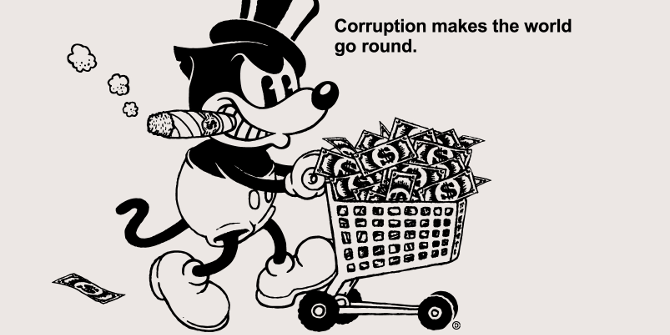
Since the Americas became home to millions of refugees from Venezuela over the last year, a great deal of attention has been given to the situation in the country. With a new government in waiting declaring their legitimacy and international condemnation of the Maduro government, little has changed however in Venezuela or for Venezuelans. Maduro’s government was able to ride out the international media attention it seems, and once there was less focus on the actions of his government he sought to ban, block and arrest his opposition and re-enforce his power in the country. While these actions run contrary to much of international law and breaks several human rights laws in the process, it was not the first time Maduro sought to jail his opposition. Despite an international effort to return rudimentary democracy to Venezuela, it looks as if the international community were only willing to support the democratic movement in Venezuela for a limited period of time with a limited amount of effort. No one is willing to take a large risk to end corruption in the country unfortunately, and those who do take the risk often do not succeed as the institutions of government have already been corrupted.
While people on both sides of the political spectrum in Brazil have aligned themselves closely with many of their political representatives, there is little doubt that corruption by many politicians is a serious problem with almost all political actors in Brazil. After several scandals and the realisation by many in the public sphere that corrupt practices have greatly reduced the per capita wealth and standard of living of average Brazilians, the judicial community advanced investigations into corruption that has placed a few ex-Presidents in jail and have gutted the established political order in Brazil. Brazilian society was made aware of how corruption operated between large corporations and their government, and how millions upon millions in revenue went to a few politicians and business leaders. Hard fought and well established judicial independence was able to challenge a system that was completely corrupt because the public demanded real justice. This was possible because while absolute corruption corrupts absolutely, it also makes the average citizen pay for it without restrictions or barriers, and will bankrupt every country that suffers from corrupt practices and institutions. Besides the moral deficits, it makes everyone poorer for the experience. The only way to eliminate it is to make sure it never takes hold in the first place.
Even countries with healthy democracies can become victim to corrupt practices. Canada has been suffering since February of this year with a corruption scandal where two whistle blowers in the current government have been kicked out of their party for protecting the judicial independence of Canada from a government that wishes to change the law to benefit a specific company. Canadian Parliamentary Democracy is built on the British Parliamentary system, where customary laws and etiquette have governed democratic practices for generations, but are often not codified in Commonwealth governmental systems. When the country’s Attorney General and fellow Ministers supported Minister Wilson Rayboult in her role to keep the Prime Minister from influencing the judicial process, she was castigated. When committees were formed to investigate, they were shut down by the Prime Minister’s party and those who did their job protecting Canada’s justice system were tainted by the same party and their reputations attacked. This leads to the conclusion that in the wrong hands, the Parliamentary Democratic system can be severely abused if the governing party lacks moral fibre. An immoral Prime Minister is able to infect the institutions and democratic protections in the government to such a great degree that they themselves believe they can permeate the barriers between the Executive, Legislative body and the Judiciary for their own political benefits. If the end result of such a political system is that there is little difference between holding a PM accountable and an Elected King accountable, the system is unable to protect its citizens from corrupt practices. Canada’s Venezuelan and Brazilian neighbours struggle with the end results of absolute power. Canada is far from having those problems to the same degree, but they are rapidly making inroads towards institutionalizing corruption in their country. Once installed in a society, it is almost impossible to remove and always is a detriment to the public.